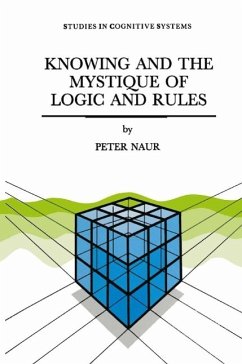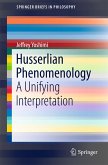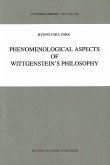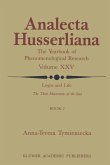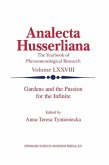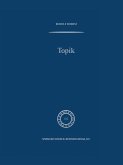Human knowing is examined as it emerges from classical empirical psychology, with its ramifications into language, computing, science, and scholarship. While the discussion takes empirical support from a wide range, claims for the significance of logic and rules are challenged throughout. Highlights of the discussion:
- knowing is a matter of habits or dispositions that guide the person's stream of consciousness;
- rules of language have no significance in language production and understanding, being descriptions of linguistic styles;
- statements that may be true or false enter into ordinary linguistic activity, not as elements of messages, but merely as summaries of situations, with a view to action;
- in computer programming the significance of logic, proof, and formalized description, is incidental and subject to the programmer's personality;
- analysis of computer modelling of the mental activity shows that in describing human knowing the computer is irrelevant;
- in accounting for the scholarly/scientific activity, logic and rules are impotent;
- a novel theory: scholarship and science have coherent descriptions as their core.
Dieser Download kann aus rechtlichen Gründen nur mit Rechnungsadresse in A, B, BG, CY, CZ, D, DK, EW, E, FIN, F, GR, HR, H, IRL, I, LT, L, LR, M, NL, PL, P, R, S, SLO, SK ausgeliefert werden.

